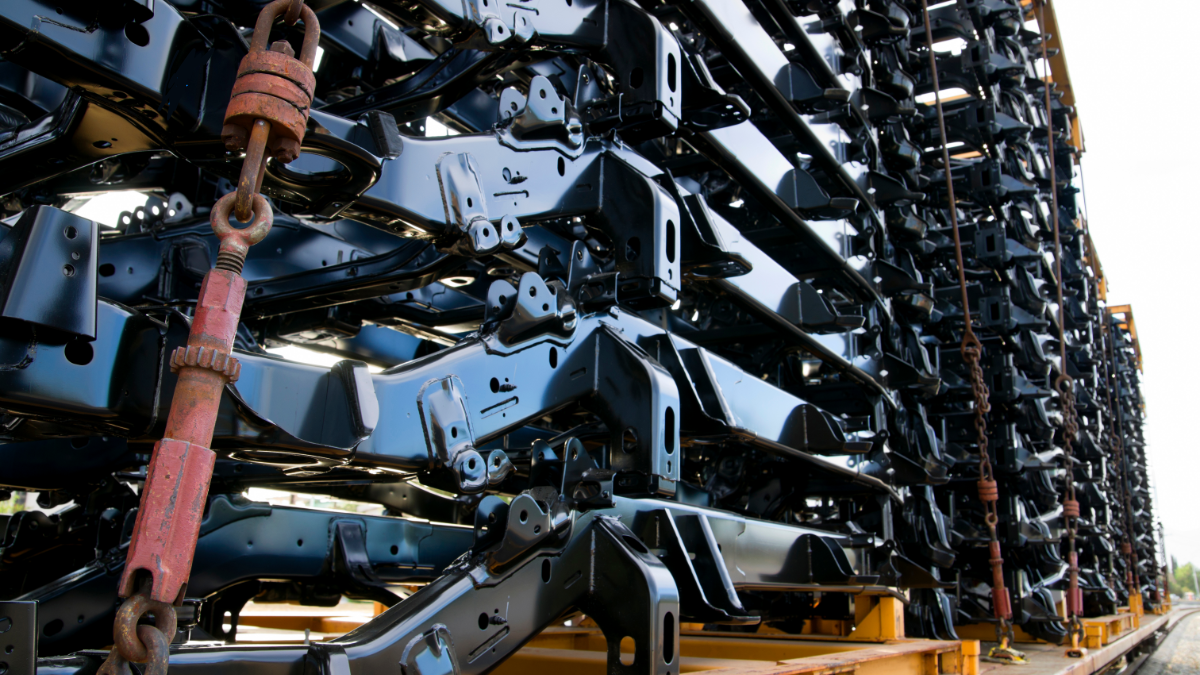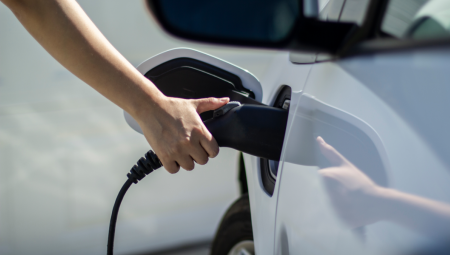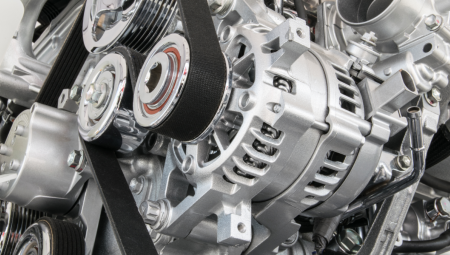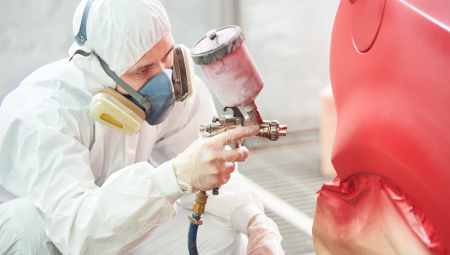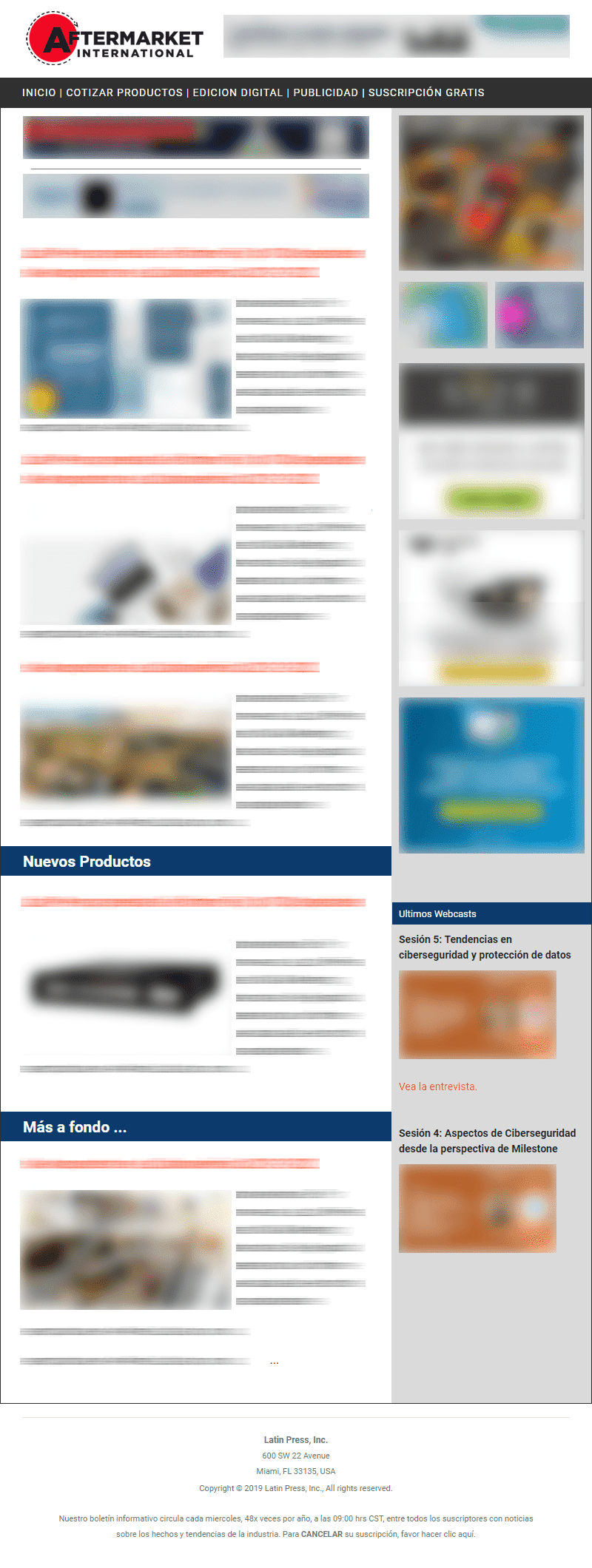United States. According to a report by Technavio, the auto parts market is poised for explosive growth, reaching $41 billion between 2025 and 2029.
The expansion will be driven by the digitization of the sector, the adoption of artificial intelligence (AI), and the rise of e-commerce.
The rise of e-commerce and digitalization
The growth of the market is linked to the expansion of online sales platforms, which have surpassed physical stores in the marketing of auto parts. Among the best-selling products on digital platforms are brakes, oil and air filters, batteries, tires and lubricants.
AI also plays a key role in the evolution of the sector, improving efficiency in the supply chain and optimizing inventory management. Technologies such as automation and robotics are transforming the manufacturing and distribution of auto parts.
Trends and challenges
The report highlights the growth of electric vehicles (EVs) and the transition to turbocharged engines as factors that will drive demand for new auto parts. In addition, CO2 emission regulations are creating an increased need for components that improve fuel efficiency.
However, the sector faces challenges. The price disparity between original (OE) and aftermarket parts remains a barrier. Although genuine parts offer greater durability and quality, their high cost drives the purchase of non-certified alternatives, which opens the door to a market for counterfeit parts.
The report highlights that passenger vehicles will continue to be a key driver of growth, with an increase in demand for spare parts for sedans, hatchbacks and SUVs. In addition, the ageing of the vehicle fleet is increasing the frequency of replacement of components such as filters, batteries, brake pads and headlights.
Companies such as 3M, Bosch, DENSO, Lear Corp., Magna International, Panasonic and Stellantis lead the sector, while retailers such as AutoNation, AutoZone and online platforms such as Amazon and eBay are consolidating their presence in auto parts distribution.
Technavio's report underscores that the combination of AI, e-commerce and new technologies is transforming the auto parts market in the U.S., creating new opportunities and challenging manufacturers and distributors to adapt to a rapidly evolving industry.


